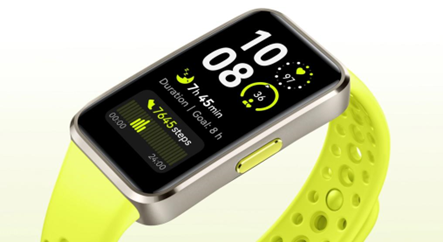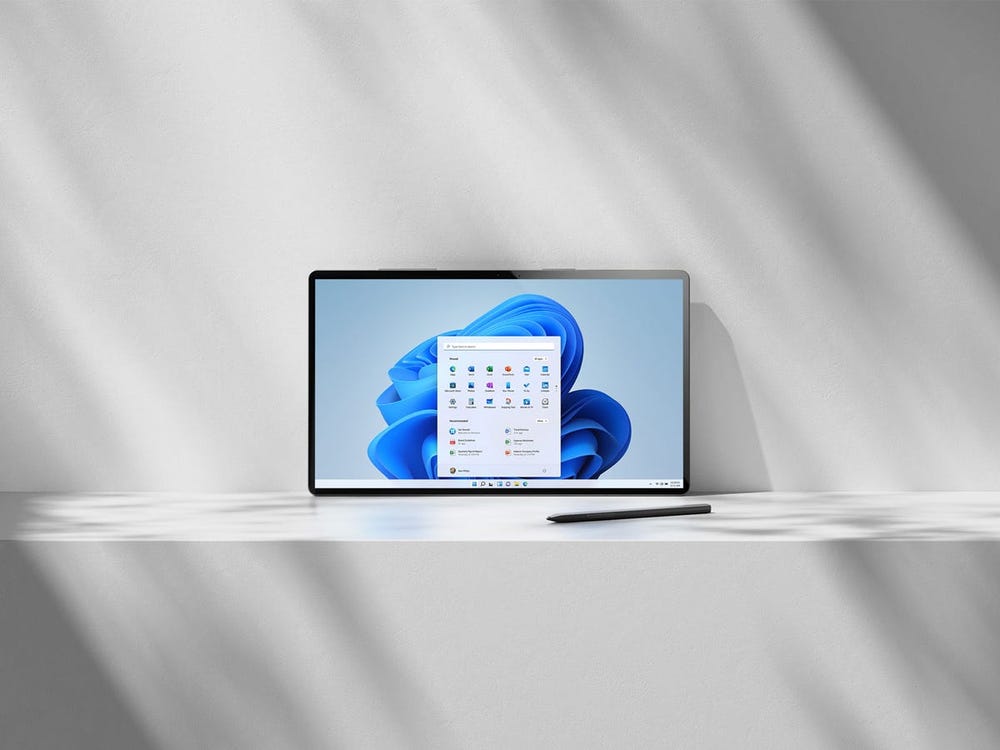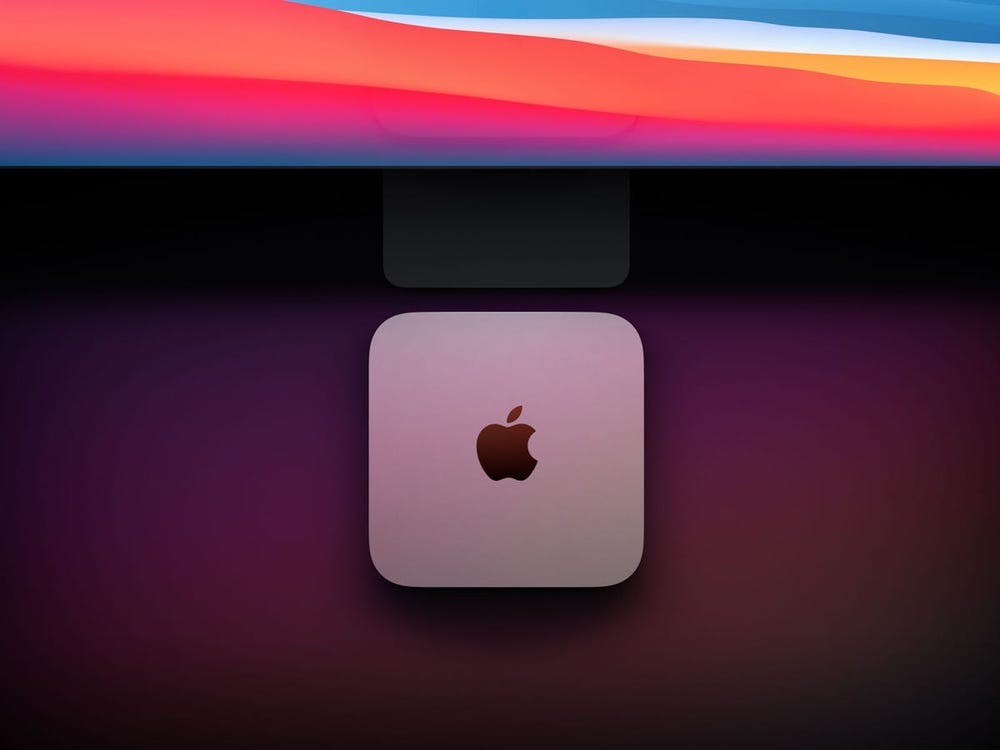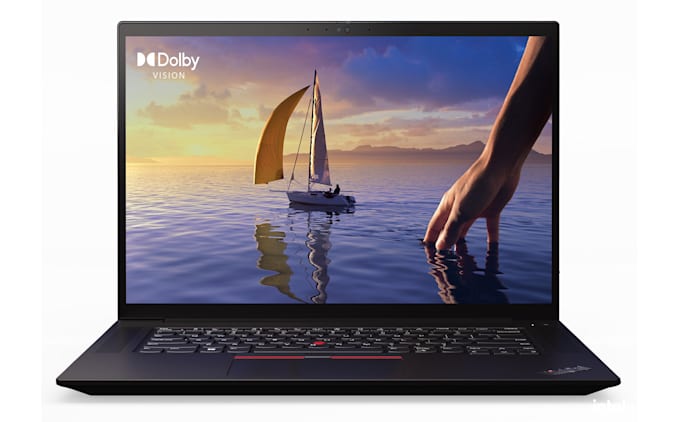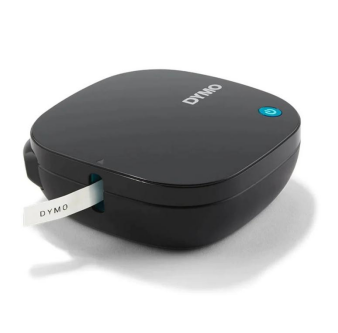Vivaldi has added mail, calendar, RSS, and translation tools to its privacy-conscious browser
Vivaldi has released a major update to its web browser of the same name for privacy-conscious advanced users. Version 4.0 comes with translation tools and beta versions of Vivaldi Mail, Calendar and Feed Reader. The update is now available on Windows, Mac and Linux, and Android devices.
Vivaldi built its translation feature into its browser. The tool is powered by Lingvanex, a Cyprus-based company that makes translator's for a wide range of platforms including voice calls and smartwatches. As part of its focus on privacy, Vivaldi says that all your translation activity will be kept away from third-parties on its servers in Iceland.
With the update, a new translate icon will appear in the desktop browser's address field when a web page loads. You'll be able to translate a full page to your default chosen language or use the drop-down menu to choose from other languages and additional options, including "never translate" and disable auto-translate. The feature is also available on Vivaldi's mobile browser via the menu.
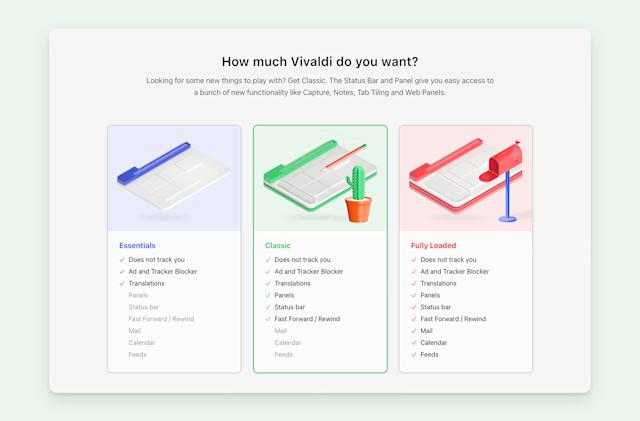
In terms of the new beta features, Vivaldi Mail is arguably the biggest addition. The client can show you multiple accounts in a single inbox and works with providers that support IMAP and POP3, including Gmail. Vivaldi says it will do "the heavy lifting for you" by detecting mailing lists and automatically categorizing your mail to make it easier to find. You can also tweak the three-panel layout to a horizontal split view.
Vivaldi's Feed Reader, meanwhile, lets you follow RSS feeds, YouTube channels and podcasts with no "promoted content" or "spying." Finally, Vivaldi's Calendar is its alternative to Google and Microsoft's offerings. The new tool supports several online calendars like Fastmail, Zimbra and iCloud. You can also choose between three different views including minimal, full view and compact.
With so many new features, Vivaldi realized that some users might not want such a busy browser experience. Therefore, it introduced three layouts: Essential, which minimizes things; Classic, with a panel and status bar; and Full Loaded's full range of functions, including its beta tool.
